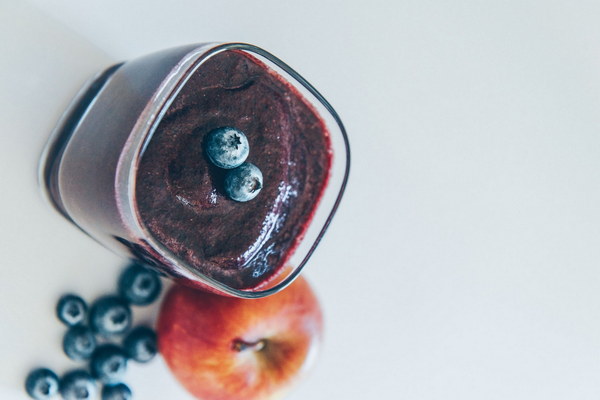IV Therapy vs. Medication Which is More Effective for Liver Support
In recent years, the debate over whether intravenous (IV) therapy is better than medication for liver support has gained significant attention. Both methods aim to improve liver function and alleviate symptoms associated with liver diseases, but they differ in their administration, effectiveness, and potential side effects. This article aims to provide a comprehensive comparison between the two approaches to help individuals make an informed decision.
1. IV Therapy
Intravenous therapy involves delivering fluids, nutrients, and medications directly into the bloodstream through a needle inserted into a vein. This method is often used to treat dehydration, replenish electrolytes, and provide essential nutrients to the body. When it comes to liver support, IV therapy offers several advantages:
a. Quick and Efficient Delivery: IV therapy ensures immediate delivery of essential nutrients and medications directly to the liver, allowing for faster absorption and quicker relief from symptoms.
b. Enhanced Bioavailability: By bypassing the digestive system, IV therapy increases the bioavailability of nutrients and medications, making them more effective.
c. Customization: IV therapy can be customized to meet the specific needs of an individual, allowing for targeted support of the liver.
However, there are also some drawbacks to consider:
a. Cost: IV therapy is generally more expensive than oral medications, as it requires specialized equipment and trained personnel.
b. Time-Consuming: IV therapy sessions can be time-consuming, depending on the duration and frequency of treatment.
c. Potential Side Effects: Like any medical procedure, IV therapy can have potential side effects, including infection, vein damage, and allergic reactions.
2. Medication
Oral medications are another popular option for liver support. These come in various forms, such as tablets, capsules, and liquids. Here are some advantages of using medication for liver support:
a. Cost-Effective: Medications are generally more affordable than IV therapy, making them a more accessible option for many individuals.
b. Convenience: Oral medications can be taken at home, eliminating the need for frequent trips to a healthcare provider or clinic.
c. Long-Term Use: Some liver conditions require long-term treatment, and oral medications can be easily prescribed for extended periods.

However, there are also some limitations to consider:
a. Bioavailability: The bioavailability of oral medications can be lower than that of IV therapy, as they must pass through the digestive system, where some of the active ingredients may be broken down or absorbed.
b. Compliance: Adherence to a medication regimen can be challenging for some individuals, leading to suboptimal treatment outcomes.
c. Side Effects: Oral medications can have side effects, which may vary depending on the specific medication and individual's response.
Conclusion
In conclusion, both IV therapy and medication have their advantages and disadvantages when it comes to liver support. The choice between the two methods ultimately depends on the individual's specific needs, budget, and preferences. It is essential to consult with a healthcare provider to determine the most appropriate treatment option for your condition.
IV therapy offers quick and efficient delivery of essential nutrients and medications, while also providing customization to meet individual needs. However, it can be more expensive and time-consuming, and may carry potential side effects.
On the other hand, oral medications are cost-effective, convenient, and can be prescribed for long-term use. However, their bioavailability may be lower than that of IV therapy, and adherence to the regimen can be challenging for some individuals.
Ultimately, the best approach for liver support is one that addresses the individual's specific needs while minimizing potential side effects. By consulting with a healthcare provider, individuals can make an informed decision that promotes optimal liver health.









